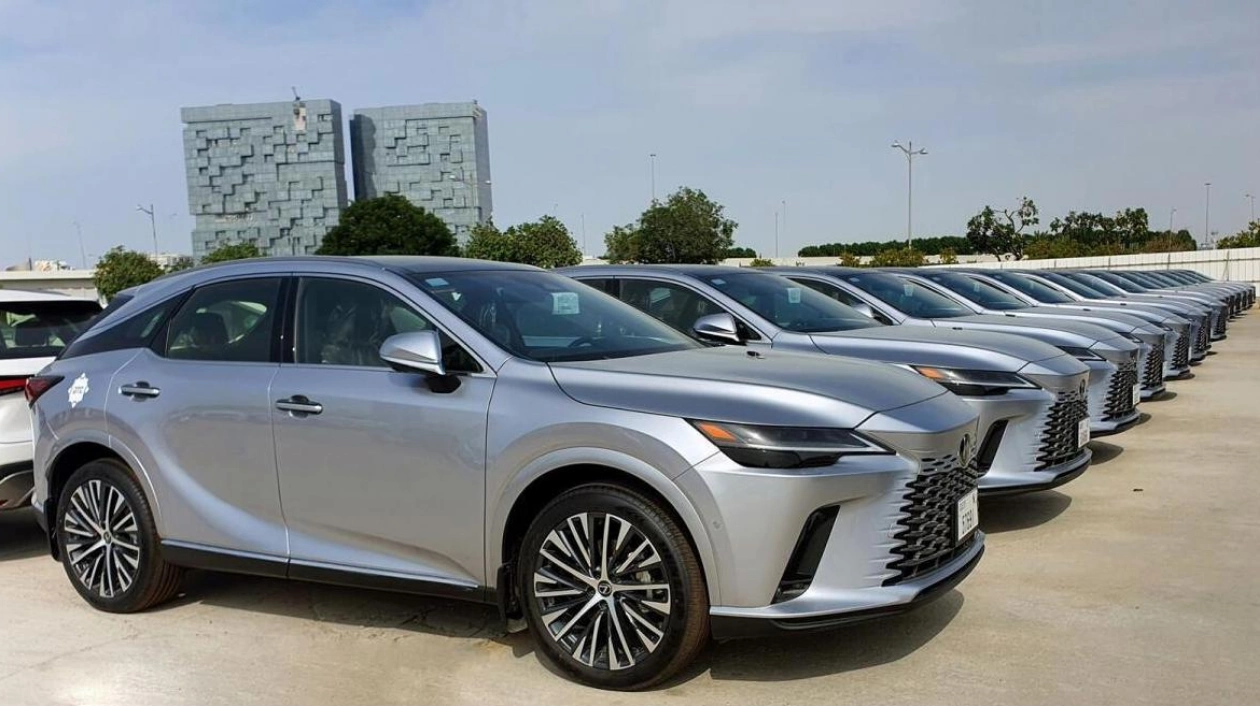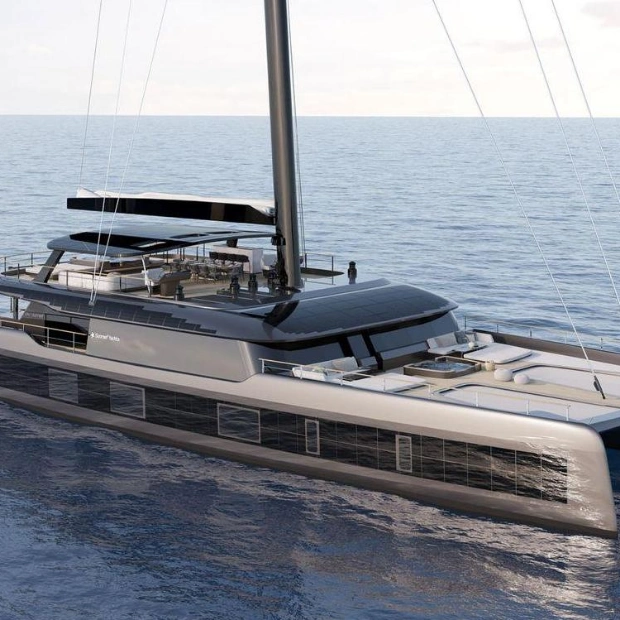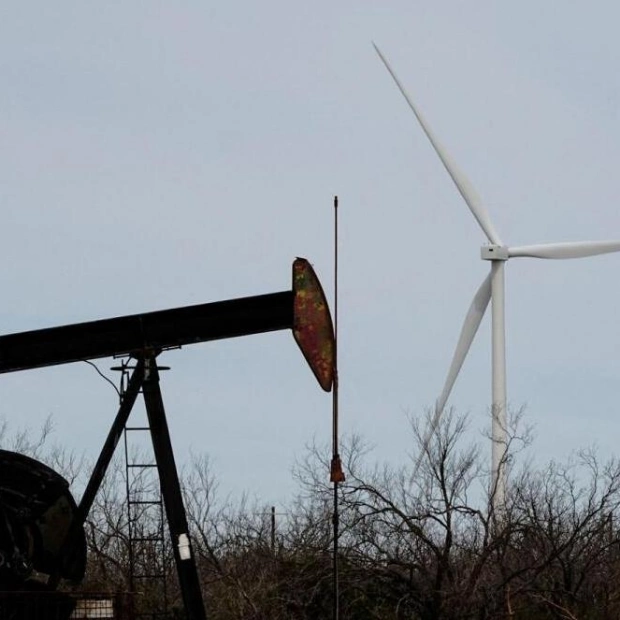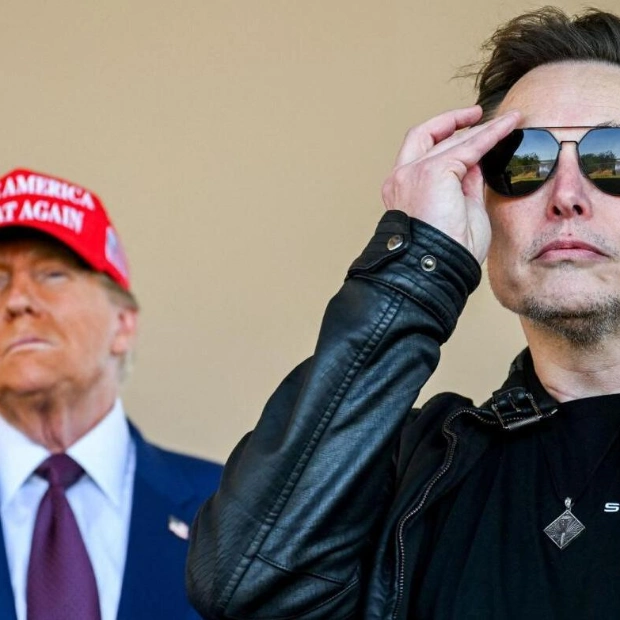Approximately 100,000 electric and hybrid vehicles are currently on the roads in the UAE, with the government aiming to increase this to at least 10% of all vehicles by 2030.
The UAE is renowned for its car culture, but it is also progressively becoming a leader in green mobility. According to our internal estimates, there are around 100,000 electric and hybrid vehicles on the UAE's roads. The UAE government has set a target of having at least 10% of all vehicles on the road be electric by 2030. Initiatives like the UAE Net Zero 2050 Strategy and Dubai’s Green Mobility Strategy 2030 are driving this shift towards greener transportation. However, the rate of adoption varies significantly between fleet owners and individual car owners. Fleet owners, particularly companies and government entities, are leading the charge in electrification, while individual car owners are adopting at a slower pace.
A closer examination of the data reveals a noticeable disparity. As of July 2024, nearly 11% of all vehicles sold in the UAE are New Energy Vehicles (NEVs — Electric & Hybrid Vehicles). At Al Futtaim Automotive, NEVs account for 23% of our total sales volume. Breaking this down further, 70% of our NEV sales were to fleet customers, with individual buyers making up the remaining 30%. This trend is reflective of the broader market, indicating that fleet electrification is outpacing individual adoption, highlighting a gap in the transition to cleaner energy.
Fleet electrification is being driven by several factors. The UAE government mandates that public entities shift towards greener mobility as part of their sustainability commitments. Additionally, corporations in the region have set sustainability targets, and electrifying their fleets is a key strategy to achieve these goals. Large organizations are better positioned to calculate the total cost of ownership (TCO) for electric vehicles, which is more favorable over time compared to internal combustion engine (ICE) vehicles. Fleet managers are focusing on long-term savings, and the economic benefits of EVs become more apparent with increased usage.
Fleet operators are also more adaptable to the new driving behaviors required by electric vehicles, such as planning around charging infrastructure. For them, the transition is a business decision that aligns with sustainability goals and offers significant financial benefits. Fleet operators benefit from an integrated end-to-end ecosystem provided by distributors like Al Futtaim Automotive, which offers not only the vehicles but also charging solutions, aftersales packages, and de-fleeting (buyback) options.
Individual electrification is progressing at a slower pace due to factors such as charging accessibility, difficulties in installing home chargers, and the affordability of electric vehicles. However, significant progress is being made to address these barriers. According to Roland Berger’s recent EV Charging report, the UAE leads the region in the number of public EV chargers. With Dewa planning to expand the network to 1,000 public chargers by 2025, the landscape is steadily improving. Concerns around range anxiety and charging infrastructure are easing, as the report indicates that 50% of respondents believe public charging has become easier over the past six months.
Looking ahead, while fleets are driving the transition, supporting individual adoption is crucial. Overcoming barriers for personal car buyers—whether through improving infrastructure or offering more affordable options—is key to achieving the UAE's ambitious sustainability goals. Electrification is about creating an ecosystem that makes greener mobility a practical, smarter, and delightful choice for everyone, whether they are individual car owners or fleet managers.
Source link: https://www.khaleejtimes.com






